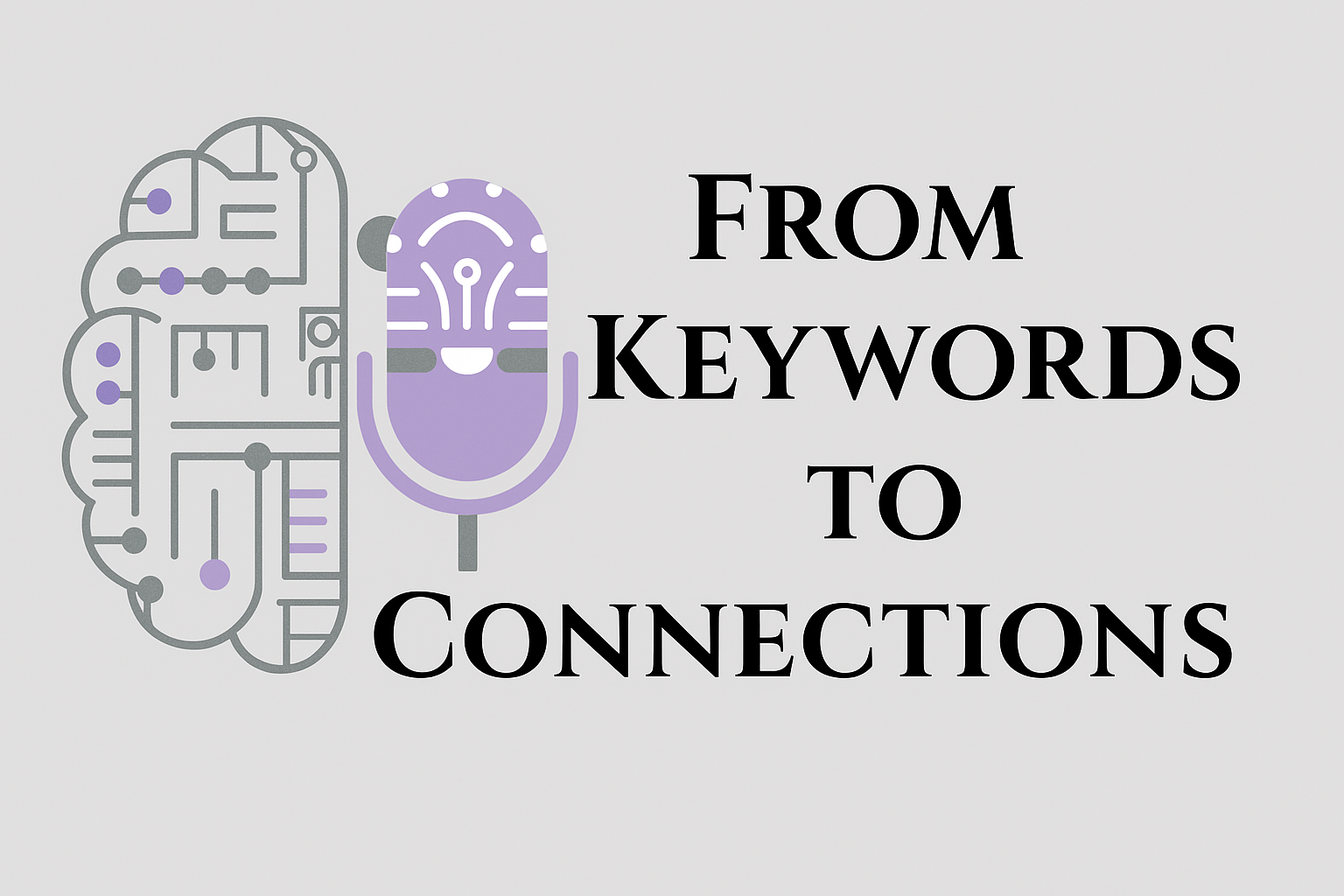**TL;DR:**
Building trust in remote teams is crucial, especially during the holidays when emotional challenges can arise. Simplified SEO Consulting emphasizes genuine connections over productivity, advocating for weekly check-ins, casual “Water Cooler Hours,” and quarterly one-on-ones to foster open communication. In-person gatherings, like team retreats, enhance relationships further. Leaders should prioritize empathy and support to create a safe workplace culture, leading to improved engagement and team loyalty. Ultimately, investing in relationships rather than superficial perks is key to a thriving remote team.
Investing in Your Team As You Head Into the Holiday Season
As we head into the holiday season—a time of giving, gratitude, and a little extra chaos—it’s easy to focus on external things: client deliverables, year-end marketing pushes, and what kind of virtual holiday celebration we’re going to pull off for our teams. But at Simplified SEO Consulting, we’ve learned that building trust in remote teams is one of the most valuable investments a leader can make—especially during the holidays. Because real connection doesn’t come from productivity tools or scheduled check-ins; it comes from genuine care, consistency, and emotional presence.
What if the real work we need to be doing this time of year isn’t about productivity at all?
What if the most impactful thing you could do as a leader right now is this: ask your team how they’re really doing—and mean it.
We’re a fully remote team that relies on tools like Zoom, Slack, and Asana to stay connected and aligned. But we’ve learned that remote efficiency only works when it’s balanced with emotional connection. Especially during the holidays—when life is heavier, more complicated, and often lonelier—we believe connection becomes the foundation for everything else.
This blog is about how we intentionally build that connection: through weekly rituals, casual chats, structured support, and big-picture team culture. And it’s an invitation to other leaders—whether you manage a team of two or twenty—to move beyond surface-level “treats” and into something far more meaningful: trust.
Why Emotional Intelligence Is the Key to Building Trust in Remote Teams During the Holidays
Holidays can be a joyful time—but they can also bring grief, financial strain, increased pressure, and feelings of isolation, especially in a remote work setting. People may be managing caregiving responsibilities, navigating difficult family dynamics, or simply feeling the fatigue of a long year.
And while your team might still be showing up with their cameras on and task lists checked off, it’s important to remember: people don’t stop being human just because we’re wrapping up Q4.
That’s why now is the time to lean into authentic leadership—to build space for people to be real. To shift your focus from performance alone to presence, empathy, and care.
How We Build a Culture of Trust in Our Remote Team
Weekly Check-Ins: A Simple Way to Build Trust in Remote Teams
Every week, our team comes together not just to talk about metrics, projects, or client wins—but to talk about life. We start each meeting with a simple check-in: “How are you doing?” And we don’t mean the polite, automatic kind. We mean the real version.
Sometimes team members share exciting news—family visits, holidays coming up, personal wins. Other times, they’re honest about feeling overwhelmed, tired, or just “off.” And that’s okay.
We’ve made it normal to say, “I’m not at 100% today.” And that normalization is powerful. Because when your people know they can be honest without judgment, they bring more of themselves to their work—and they trust that the team has their back.
Tip for Other Leaders:
Start your next meeting with this prompt:
“What’s one word to describe how you’re feeling today?”
Then pause, let people answer, and listen—without jumping in to fix.
Monthly Water Cooler Hours: Strengthening Remote Team Connection Beyond Work
Remote work is efficient, but it can get… sterile. That’s why once a month, we hold space for pure fun. Our “Water Cooler Hour” is a no-pressure Zoom hangout where team members can play games, chat, laugh, or just be together.
There’s no agenda. No presentations. Just connection.
These casual moments allow people to drop their “work hats” and show up as themselves. That might mean talking about their dog’s new haircut, a Netflix show they’re obsessed with, or a hobby we didn’t know they had.
These social hours build friendships, not just work alliances. And those relationships pay dividends when challenges arise later.
Tip for Other Leaders:
Don’t overthink it. Try:
- A 30-minute monthly “Show & Tell”
- “Two Truths and a Lie” or trivia night
- A virtual recipe swap or pet parade
Quarterly 1:1s: Building Trust Through Authentic Leadership in Remote Teams
Each quarter, we set aside intentional time to meet with every individual on our team. These aren’t your traditional performance reviews—they’re conversations rooted in curiosity, support, and long-term growth.
We ask questions like:
- What are you proud of from the past few months?
- What’s been hard?
- Where do you want to grow?
- What do you need from leadership right now?
These meetings honor both professional development and emotional wellbeing. They also help us as leaders stay grounded in what each person values and needs.
When people feel seen in their individual experience, they become more engaged in the collective mission.
Tip for Other Leaders:
Create a shared doc with prompts and space for notes. The most powerful moments often come from follow-up:
“Last time you said this was hard—how’s that going now?”
Why In-Person Moments Still Matter When Building Trust in Remote Teams
Each year, we do something special: we take a team cruise. No laptops. No strategy sessions. Just real-world connection.
While we work hard all year remotely, this in-person experience reminds us that we’re more than job titles and email signatures—we’re people who care deeply about one another.
Not every team can do a cruise, but the intention behind it matters most. It’s about stepping away from the screen and into shared experience. It’s about celebrating the team behind the success.
Tip for Other Leaders:
Think about what kind of retreat, local meetup, or “virtual getaway” you could organize—even on a small scale. The return on connection is worth it.
The Ripple Effect: What Happens When You Lead Remote Teams With Trust First
When we say “team culture,” we don’t just mean having a mission statement or Slack emojis. We mean creating an environment where people are safe to show up as themselves.
We’ve seen the impact firsthand:
- Team members who feel supported are more likely to ask for help—preventing burnout and missed deadlines.
- Honesty becomes normalized—so small problems don’t become big ones.
- People stay longer, show up more fully, and build stronger client relationships because they feel rooted in something bigger than just a paycheck.
In short: kindness, curiosity, and consistency build the kind of workplace people want to be part of.
Don’t Just Offer Perks—Build Real Trust in Your Remote Team
The holidays are filled with surface-level “treats.” End-of-year bonuses. Gift cards. Pep talks. And while those things are nice—they’re not enough.
What your team really needs is to know that you care about them as people. That when the goals feel heavy or life gets messy, they can be honest—and still be supported.
At Simplified SEO Consulting, we believe that trust isn’t a perk—it’s a pillar. And as we close out another year, we’re doubling down on what matters most: relationships.
So wherever you are as a leader—whether you’re just starting to build a team or managing a growing remote company—we hope this blog gives you permission to lead with heart.
Because when you take care of your people, they take care of everything else.
Start Building a Trust-Based Remote Team Culture Today
Whether you’re a solo practice owner starting to grow your team or a seasoned leader managing a fully remote business, the culture you build matters. You don’t have to be perfect, and you don’t need a cruise budget or an HR department—you just need to be intentional.
Start small:
- Check in with your people.
- Listen when they speak.
- Celebrate their wins—and support them in the hard stuff.
And if you’re looking to grow a people-first business that’s rooted in connection and strategy, we’d love to walk alongside you. At Simplified SEO Consulting, we’re passionate about building ethical, human-centered businesses—and that includes our own.
Reach out to us at simplifiedseoconsulting.com to learn more about our services, our team, or our culture—or just to start a conversation about what’s possible when you lead with empathy.
About the Author
Mary Emily Walker is the owner of Simplified SEO Consulting and a passionate advocate for heart-led leadership in the digital world. With dual master’s degrees in Psychology and Digital Marketing, she brings a unique perspective to team culture, growth strategy, and client-centered SEO.
A proud mom of five and lifelong learner, Mary believes that real business success is rooted in authenticity, empathy, and relationships. She leads her remote team like a family—prioritizing trust, communication, and shared joy—and works with private practice owners and helping professionals to do the same in their own businesses.
When she’s not mentoring her team or teaching SEO, you’ll find Mary crocheting, reading, or enjoying football with her family in rural Missouri.











 Intentional Moments of Connection: How We Stay Human While Working in a Remote Business
Intentional Moments of Connection: How We Stay Human While Working in a Remote Business


















 About the Author:
About the Author: